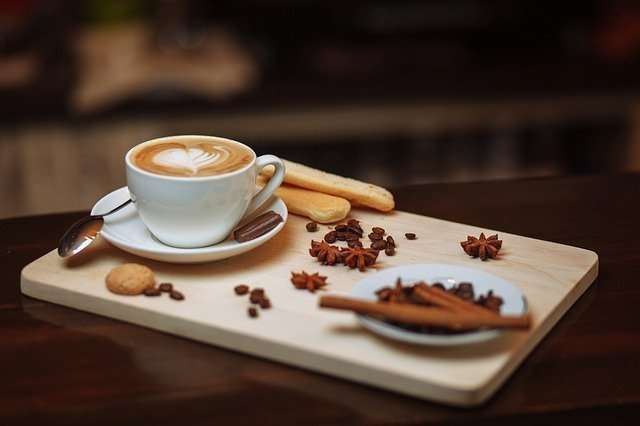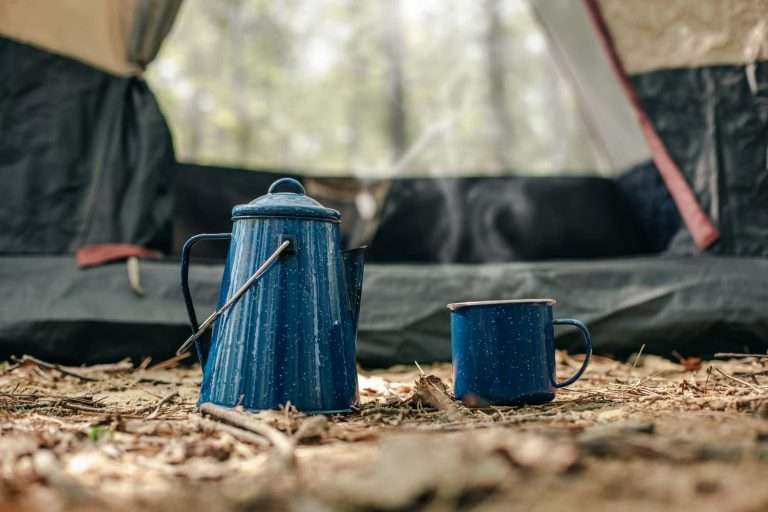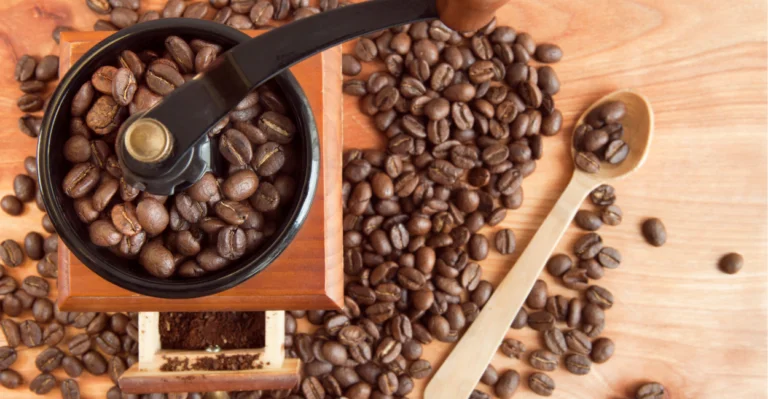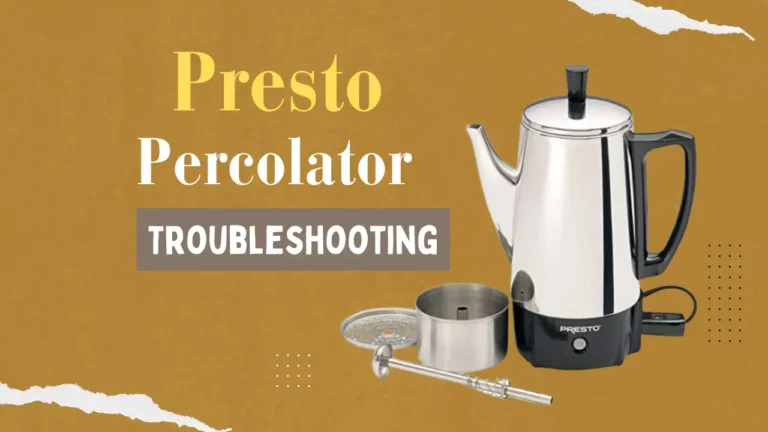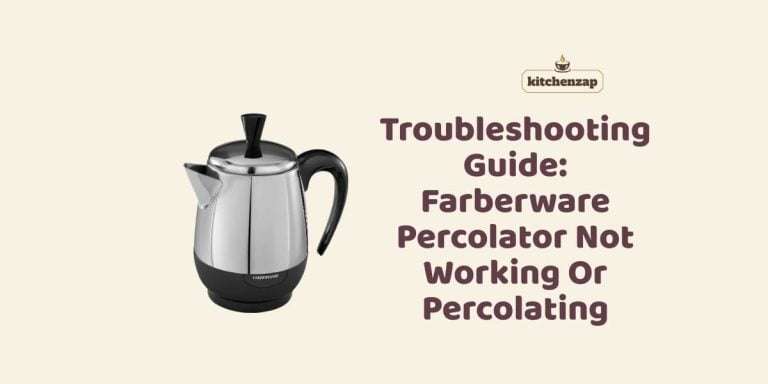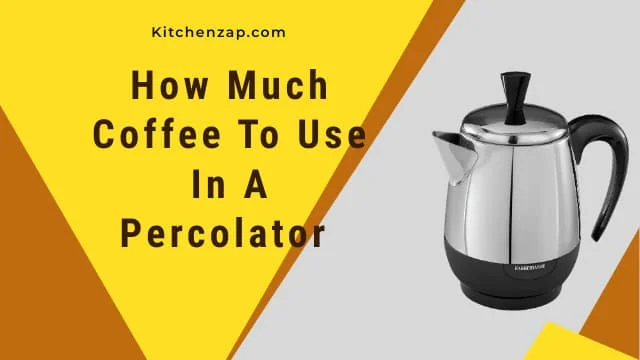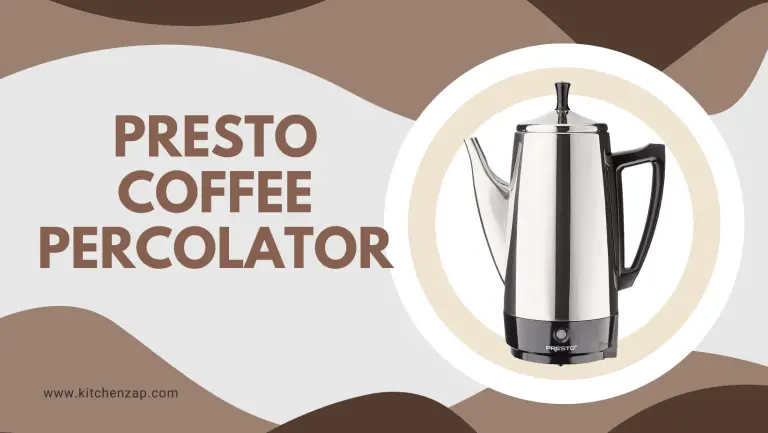13 Things To Consider On How To Choose The Best Coffee Percolator
There are several designs of coffee percolators available in today’s market and choosing the one that best suits you can be a bit challenging. There are several aspects you will have to consider to choose the best coffee percolator. In relation to that, we shall be discussing 13 things you should know before you buy a coffee percolator that best suits your needs.
How to choose the best coffee percolator
1. Long-term Cost
One of the most vital aspects you will need to consider when choosing a coffee percolator is its long-term cost. This is because coffee percolators are not designed to be a one-time expense. If you purchase coffee percolator that is designed to be a single-serving machine; you will end up putting your money on purchasing necessary capsules and pods consistently.
Moreover, when you purchase a drip machine, you will end up buying beans or grounds and new filters often. Between the two designs, it’s best for you to weigh and check the one that best suits you; keeping in mind your budget.
2. The Ideal Temperature for Brewing
Usually, coffees feature an ideal brewing temperature of 1960F to 2050F. If you are an individual who is into coffee that has great taste, it will be best for you to purchase a machine that brews at a high temperature. The brewing temperature is often listed on the top of the coffee making machine. However, when the information is missing, it will be best for you not to purchase that coffee machine.
3. Assess your Coffee Drinking Habit
Before purchasing a coffee percolator, understanding how frequent and the amount of coffee you take on a day will be best. If you are an individual who cannot finish up a cup a day, then a single-serving coffee machine will be perfect for you. However, for individuals who are coffee lovers, purchasing a big pot will be the most appropriate choice. As a coffee enthusiast, it will be best to purchase a coffee percolator that is capable of holing up to 12 cups.
4. Considering some Special Features
There are some essential features you should consider checking for on a coffee percolator before purchasing one. For individuals who cannot get their feet off the ground without having a cup of coffee; an automatic-start machine will be perfect. These machines can be set a night earlier. Furthermore, there are some coffee percolators that shut off automatically, making it ideal for individuals who are always in a rush to work.
Read More:
Are Coffee Percolators Worth It?
5. Accessibility and Cleaning
Before you purchase any coffee percolator, it is best to learn how easy is it to clean it or access it. Check how easy is it to flip open the lid and how wide does the lid open when adding coffee. These features are essential since they will make your work easier when operating the coffee machine.
Furthermore, ensure that the machine can fit into your kitchen as well as your lifestyle. It will be best to check if the machine can be clean using a dishwasher or you will have to clean it with your hands. These are some vital features you will need to consider when purchasing a coffee percolator.
6. The carafe that best suits you
It will be best for you to assess the type of carafe that will be best for you. There is more to consider other than the visual differences in stainless steel versus glass, thermal carafe. With a glass pot, you will be able to see how your coffee seeds are being brewed. Furthermore, they often feature an open design which allows the fresh coffee aroma to fill up your kitchen.
If you are an individual who loves brewing coffee along with the aroma that it produces, then the glass model will be best for you. However, when compared to a stainless steel pot, glass pot tends to keep your coffee warm for approximately 20 minutes while the stainless keeps it for approximately 1 hour.
The stainless steel pots are often cleaned by hands while the glass design can be clean using a dishwasher. Choosing the best model will highly depend on your preference.
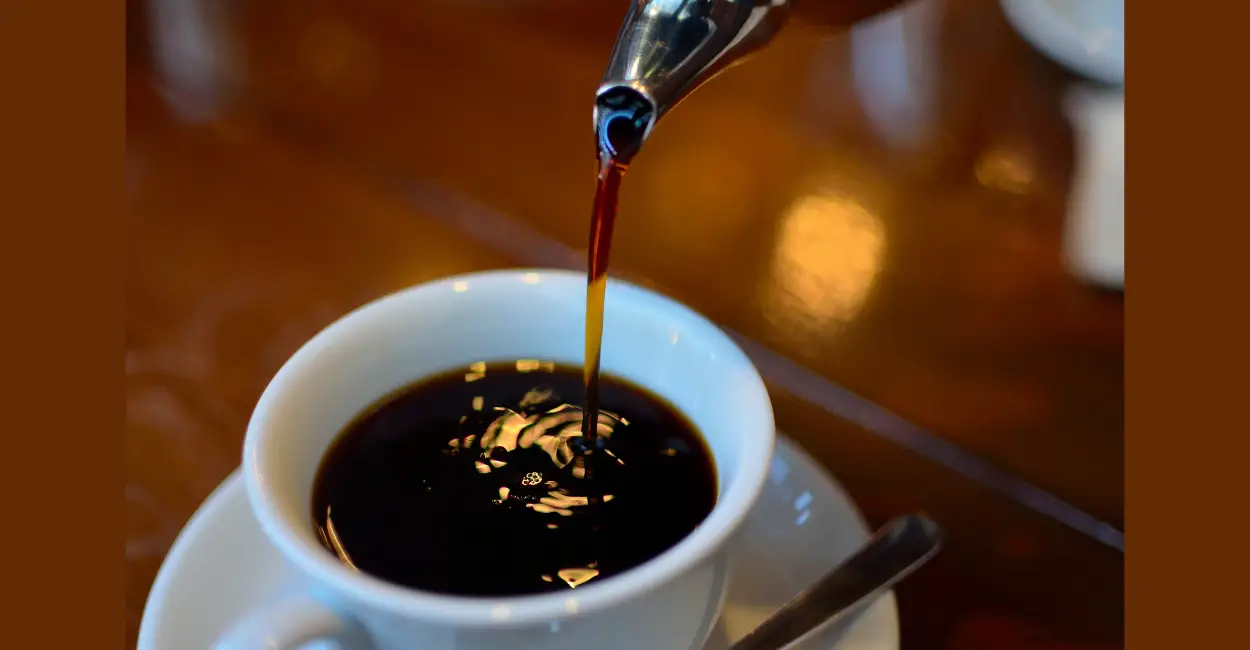
7. Comparing shopping options
When purchasing a coffee percolator, it will be best to buy it from a store that will let you change it if you fail to like it. There are several stores that feature amazing return policies such as Macy. With Macy, you can return an item you bought within 365 days as long as it is in good condition.
When you purchase a coffee percolator, and you fail to like it, it will be best to return as earlier as possible before it becomes spoil. Furthermore, some stores such as Kohl, Costco and Target also promise to take back items that you might fail to love.
8. Speed and renewal
This feature might not be essential to some individuals; however, there are some people who take it as their first priority. Speed may be of the essence to some individuals since some coffee percolators take several minutes when preparing coffee, whereas others take very few seconds to deliver. To choose the one that best suits, you will highly depend on the taste as well as the quality it delivers.
Steaming and brewing speed are some of the aspects you should consider keeping in mind. Furthermore, it will be best to assess the water tank fill as well as the coffee ground fill since this is something most of us miss when in a hurry. Therefore, your coffee percolator renew ability should be highly considered.
9. User-friendly
In this case, user-friendly means the convenience of the coffee percolator. Having a machine that is well defined makes it easy for an individual to operate with the utmost ease. Some buttons are essential when it comes to operating a coffee percolator. Some of these buttons include;
- Coffee taste. Having a coffee percolator that maintains your coffee’s strength in accordance with the taste is essential for the coffee enthusiast.
- Pausing the brewing process allows you to add adequate quantity for high-quality coffee.
- Water filling
- Drip trays for easy cleaning and avoiding spillage.
- An adjustable heater plate which offers a chance to adjust it to your preference.
These are some of the buttons that need to be easily accessible when preparing your coffee.
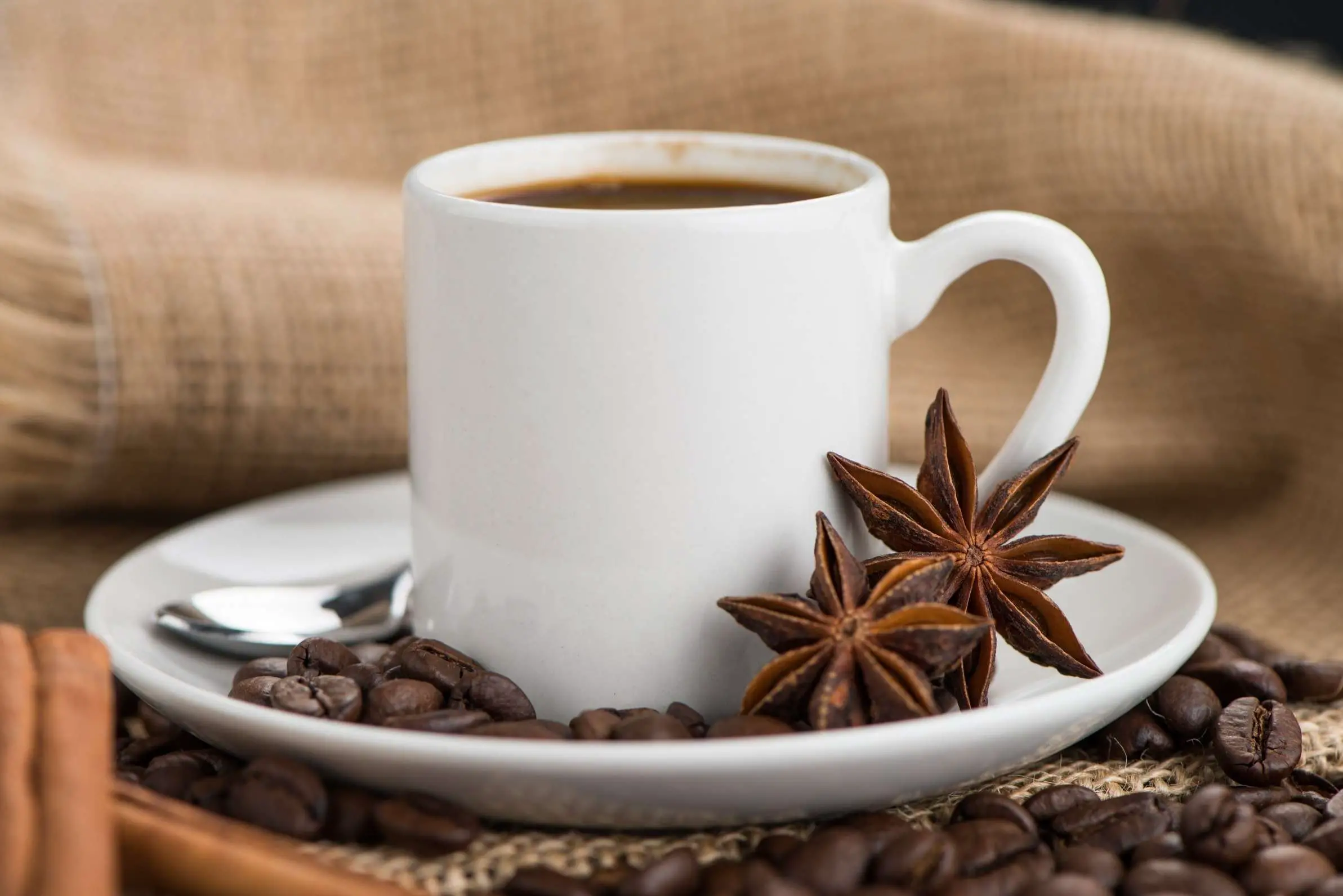
10. Construction
Once you have a coffee percolator that best suits you, the other feature you should consider assessing is how good the machine’s body is. Usually, a machine’s body refers to the durability and the age of the machine. There are some machines which deliver great coffees; however, they are not long-lasting, and they tend to rush and break after a short while. It will be best for you to assess both the interior as well as the exterior feature of the coffee percolator. A stainless steel coffee percolator will be best for you since they are long-lasting and they don’t rust.
11. Filters
Usually, there are three types of filters that you will need to consider. These include; metal filter, paper filter as well as a water filter. There is some machine that operates on paper filters since they are known for having positive health benefits; aids in removing cholesterol. However, paper filters are meant for single use only.
On the other hand, a metal filter can be used more than once; all you need to do is to clean it. There are several designs of filters available in the market. For individuals who love their coffee hard and dark, a metal or gold plated filter will be best for you. Paper filters are ideal for individuals who love their coffee lite and calm.
12. Technology
Technology is growing at a rapid rate than ever before; this means that coffee percolators are as well evolving at an incredible pace. There are some coffee percolators that feature superior technology; these features often depend on your preference. Some of the features available in today’s coffee percolators include;
Water level indicator.
Precise brewing time.
Auto clean.
Auto shutoff.
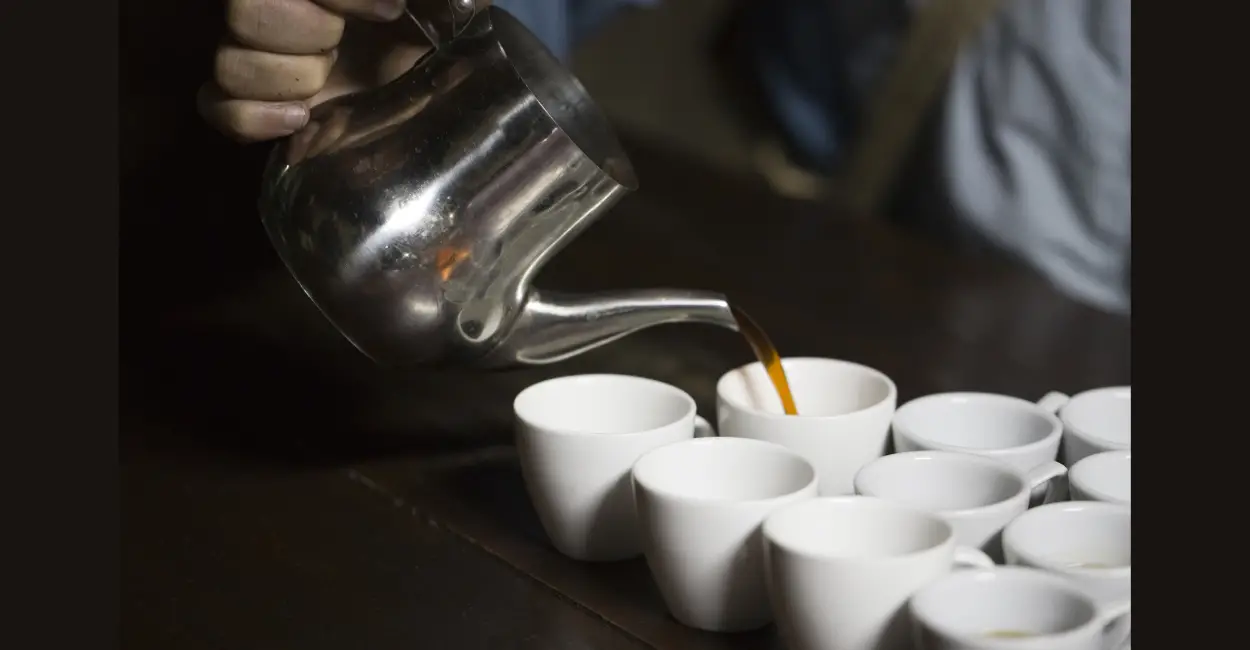
13. Budget
Once you have every essential aspect figured out, the last thing you will have you will have to consider is your budget. Coffee percolators differ in prices due to several reasons such as brand, capacity and the quality of the machine, among other aspects. Coffee percolators of that are of high-quality is often expensive.
However, you should not think that all costly coffee percolators are of excellent quality. Assessing all the aforementioned aspects will be best when looking for a quality coffee percolator. It is always best to purchase a coffee percolator that is within your budget range.
Stainless Steel Coffee percolator
Stainless steel coffee percolators are well known for their ability to keep coffee warm for an extended period of time. Unlike other coffee percolators, stainless steel coffee percolator features several benefits such as;
Durable. Stainless steel coffee percolators are highly durable; this is because they don’t break or rust when compared to other materials.
Functionality. They keep your coffee warm for an extended period, as previously mentioned.
Taste. When compared to other coffee percolators, stainless steel coffee percolators feature superior taste. This is due to its thermal ability.
Highly energy efficient. For other carafes such as glass, they require heat beneath their surface to keep your coffee warm. On the other hand, stainless steel coffee percolators need no heat source to maintain a constant temperature for your coffee.
Despite being the best carafes choice for a coffee percolator, stainless steel coffee percolators are a bit expensive. This is associated with their durability and the fantastic functionality they possess.
What is the best coffee for a percolator?
Since there are several strains of coffee available in the market, choosing the best one for your percolator can be a bit tricky. Fortunately, we have compiled for you some of the best coffee you can choose for your percolator.
Roast. Medium roast is often considered to be the best choice for a coffee percolator. Dark roasts are deemed to have a bitter taste when they are used in a percolator.
On the other hand, light roast tends to lose their taste and have a watery taste when used in a coffee percolator.
Indonesian coffee. Indonesia is famous for having full-bodied coffee; this makes it a great choice to use in a percolator.
Colombian coffee. Just like Indonesian coffee, the Colombian coffee also features a fantastic full-bodied coffee which makes it an excellent choice for your percolator.
Ethiopian coffee. Coffee is said to have originated from Ethiopia.
Moreover, Ethiopia is well known for producing fantastic coffee that is best for use in a percolator.
Peruvian coffee. If you are an individual who is looking for a coffee that is not full-bodied and is best for a percolator, then Peruvian coffee will be best for you. These coffees are light-bodied and are perfect for use in a percolator.
Guatemala coffee. These coffees are known for being very rich, which makes it ideal for use in a percolator.
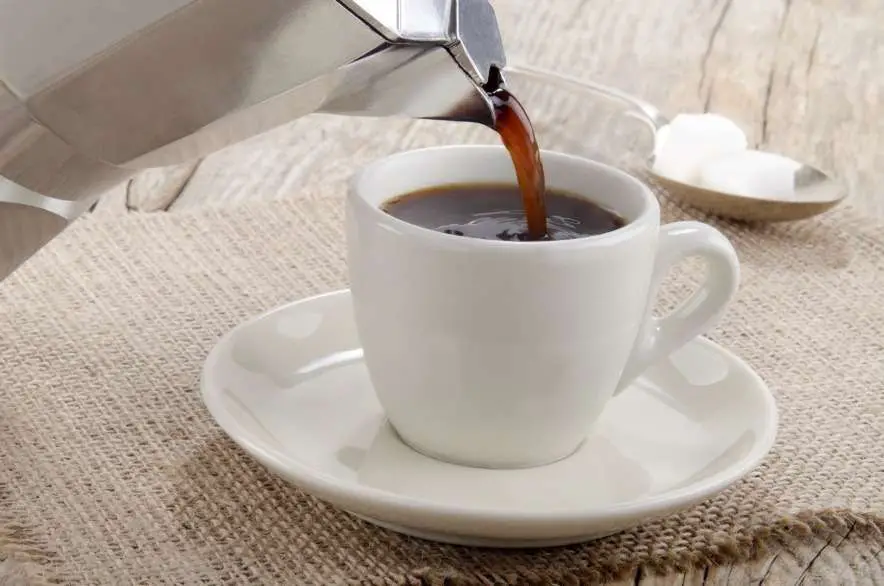
Can you use a regular coffee in a percolator?
Yes! You might consider using regular coffee in a percolator; however, it will not have the best taste when compared to coffees that are meant for use in a percolator.
How do you make the best percolator coffee?
To make one of the best percolator coffees is relatively easy. All you need to do is pour water at the bottom chamber of your percolator and place it on a source of heat. When it starts boiling, add your favourite coffee in the filter basket. Minimize your heat source and leave gravity do the rest for approximately six to seven minutes. Take it from the heat source and leave everything to settle down for a minute. Once everything has settled, you can taste and see if it has the best taste.
Can you use a regular coffee in a percolator?
Yes! You might consider using regular coffee in a percolator; however, it will not have the best taste when compared to coffees that are meant for use in a percolator.
How do you make the best percolator coffee?
To make one of the best percolator coffees is relatively easy. All you need to do is pour water at the bottom chamber of your percolator and place it on a source of heat. When it starts boiling, add your favorite coffee in the filter basket.
Minimize your heat source and leave gravity do the rest for approximately six to seven minutes. Take it from the heat source and leave everything to settle down for a minute. Once everything has settled, you can taste and see if it has the best taste.
What is the best percolator coffee to buy?
When it comes to purchasing the best percolator coffee, this often relies on your personality. However, some of the best percolator coffee you might consider choosing are the ones we mentioned initially which are;
Colombian coffee
Mid-roasted coffee
However, Ethiopian coffees are considered to be the best by most coffee enthusiasts. Therefore, we will highly consider them to be the best for a percolator. You should, however, keep in mind that these often differ from one individual to the other.
How do you know when a percolator coffee is done?
The ideal way to tell if your percolator coffee is ready is by tasting it. Usually, a percolator coffee takes approximately six to seven minutes to be ready. It is after this time you can taste and assess if it has your preferred taste.
How much coffee do you put in a 12 cup percolator?
When using a 12 cup percolator, you will require 12 tablespoons of coffee for it to taste. You might as well consider scooping ¾ cup of your coffee rather than 12 tablespoons.
All stainless steel electric percolators
When it comes to coffee percolators, no material can beat a stainless steel percolator. There are several electrical percolators for you tochoose from. For you to choose the one that best suits your need, itwill be best to consider all the 13 aspects we have discussed in ourarticle.
Stainless steel coffee percolator made in the USA
There are several stainless steel coffee percolators made in the United States. Some of these coffee percolators include;
- Aerobie Aeropress
- Bunn GR
- Chemex
- Bunn BX, BT
- Bunn Speed Brew
- Bunn Trifecta
- Toddy Cold Brew
- Filtron Cold Brew
Final Verdict
As we come into a conclusion, we hope that this article will be of help for you when choosing a coffee percolator that best suits your need. You should always keep in mind all the 13 essential aspects when selecting a percolator.

